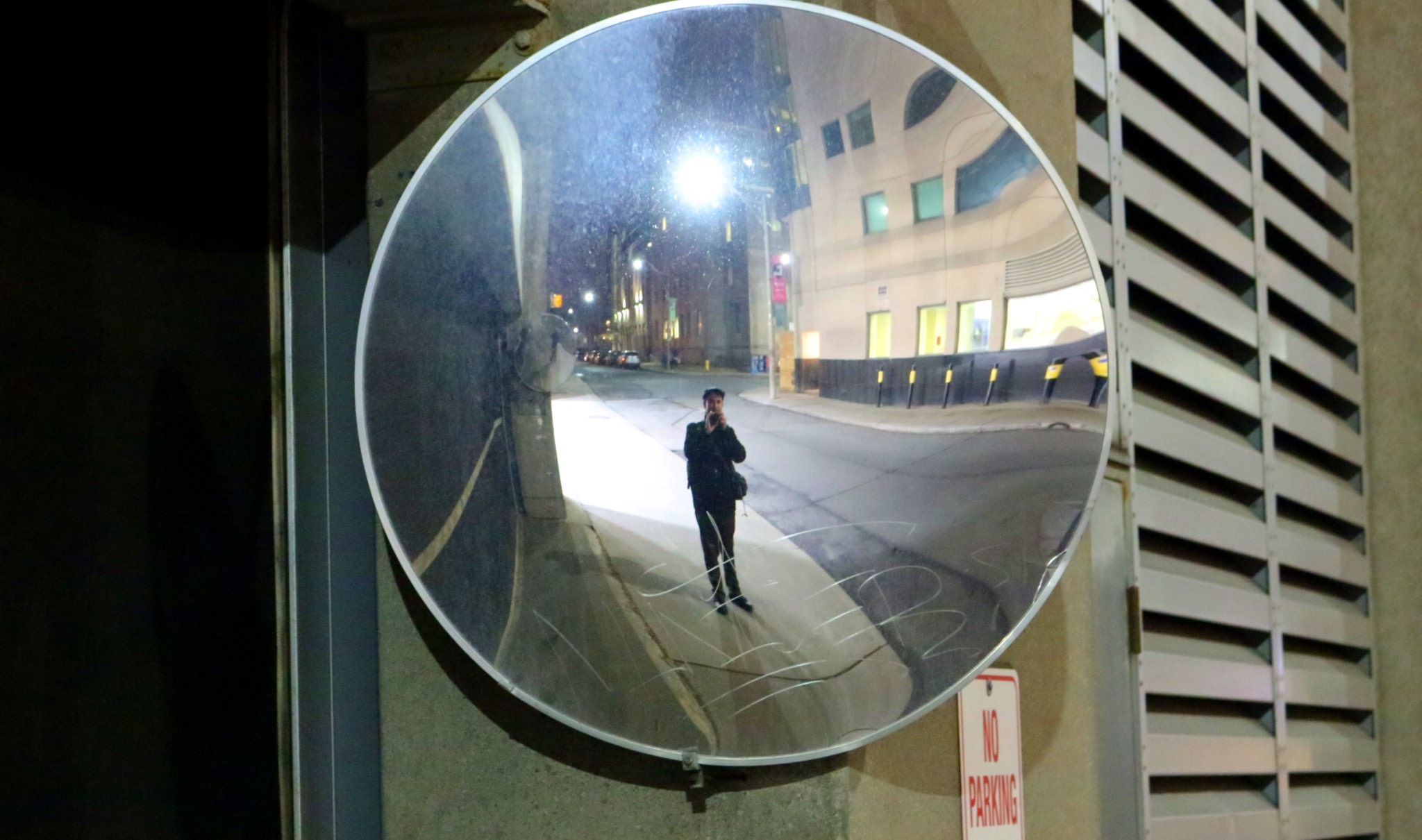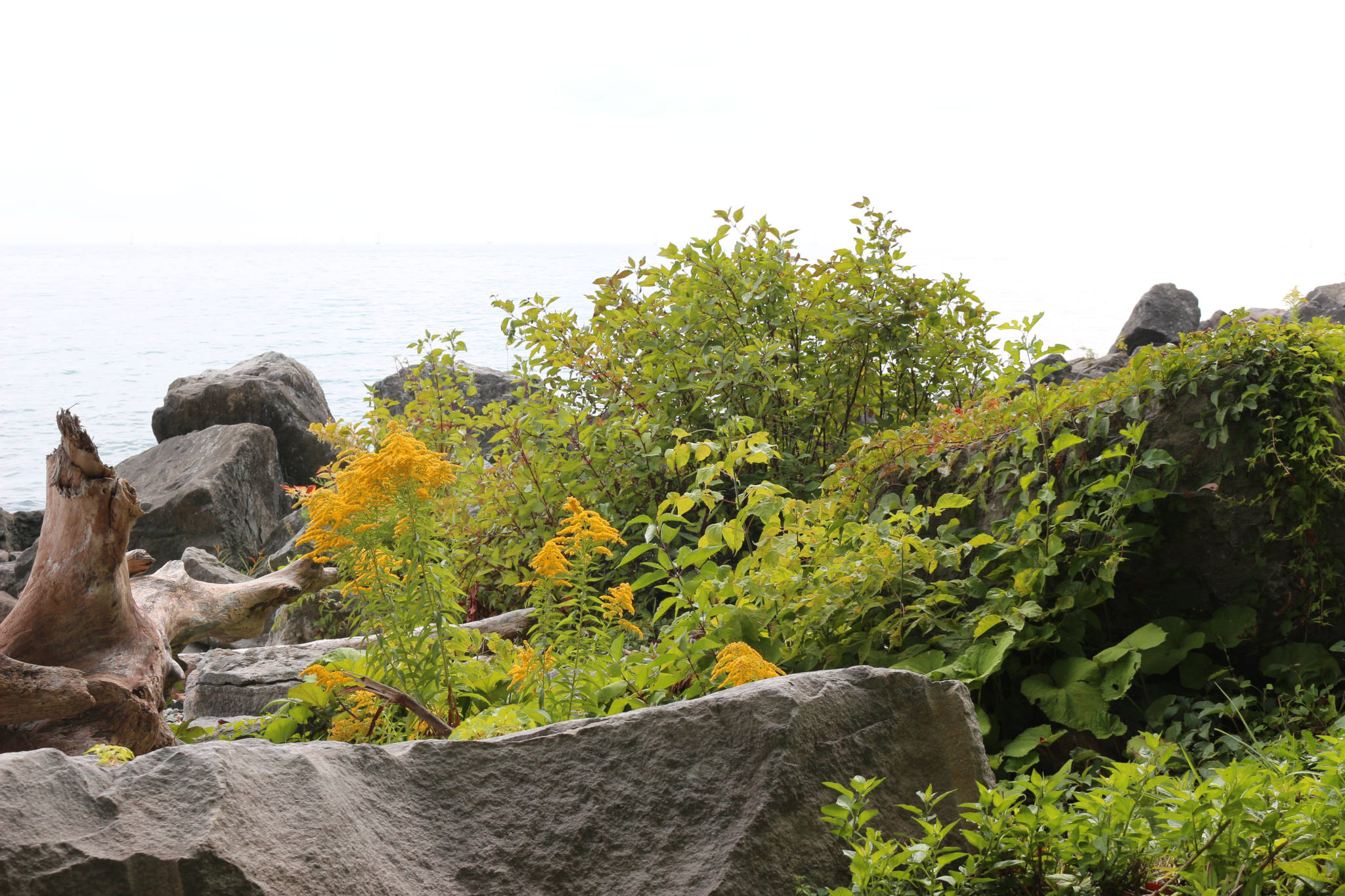I got this lovely picture and quote from my brilliant cartoonist and illustrator friend Joseph Salina a few years ago, and I’ve kept it on my desktop ever since. Doris Lessing has been one of my greatest heroes since I was a teenager, and I think she’s an especially good person for creators to think about right now.
She was born in Persia (now Iran) in 1919, grew up on her family’s farm in Rhodesia (now Zimbabwe), left school at 13 and home at 15, to work as a nanny (and get her first few stories published). In the span of a few short years she had three kids and two failed marriages, got into leftist writing and theory, and realized she was not well suited to staying at home and raising small children, before finally sailing to London England with one of her sons in 1949, when the great city was still being rebuilt after the second world war. She had long been active in politics – was banned from Rhodesia and South Africa for her years of anti-apartheid work, and In 1956 she finally left the British Communist party after the Soviet invasion of Hungary.
No education, no money, left her own cultural tribe on principle – one might think she was done already by the age of 37, but she was just about to embark on one of the most important literary careers of the 20th century. Best of all, she wasn’t finished being a principled troublemaker, either! Throughout her life she kept speaking-out strongly and clearly, even against her own allies, when they were being harmful, dishonest or misguided. Principle before tribe – always. Later she studied the ideas of Jung, before finally becoming a student of Idries Shah, the brilliant popularizer of ancient Sufi wisdom in the west.
— “The Golden Notebook” is widely considered a masterpiece of feminist literature – but she was sure that it was widely misinterpreted, and very few caught her actual intentions. (Far more about psychology and the novel-form, than the gendered polemic so many wanted it to be).
— “The Four-Gated City” is a profound, moody and hyper-realistic novel set in post war London that helped take me past mere tribalism, by portraying the evolution of thinking of a group of serious leftist idealists over many years, in a searching and critical way.
— The “Canopus in Argos” series is, along with the work of Ursula K LeGuin, the very foundation of feminist science fiction – and much as I like LeGuin, Lessing’s fierce intelligence made her works advances not just to feminist literature, but to the Science Fiction form itself.
— The first volume, “Shikasta” is a masterpiece – moving from a dreamlike mythic timescale down to days and hours in the life of a few individuals dealing with chaos, on a planetary scale (just a bit worse than now).
— “The Sentimental Agents in the Volyen Empire”, from the same series, proves that Orwell would have done better with sharper humour. One of the funniest pieces of fiction with serious philosophical and political purposes I’ve ever read.
— “The Good Terrorist” is another masterpiece, and like the title above, a good introduction for those who haven’t yet enjoyed her work. How do counterculture kids turn into a terror cell? Easily – and as she shows here, more of the characters attitudes and arguments are familiar than we think.
— “Briefing for a Descent Into Hell” is one of the scariest books I’ve ever read – it describes the collapse of our comfortable life more plausibly and realistically than any other approach I’ve seen – with full emotional clarity and detail – rather than Hollywood pyrotechnics and fight-scenes.
— And if you still aren’t convinced she can out-clever Huxley, outdo Orwell for humane insight, and still surpass John Brunner for world encompassing future realism (nuanced doom), you can always subject yourself to “The Making of the Representative for Planet 8” but I warn you, this one is heartbreaking – because you won’t ever be able to dismiss the suspicion it is our true story.
— A rich, friendly welcoming read? Try “In Pursuit of the English” which captures post-war London characters with awesome precision – and lovely skeptical affection.
— When I leant her book “African Laughter” to my friend from Ghana, he returned it with gratitude and a new perspective. “I never realized the women back home worked so hard,” he told me. Pretty neat trick for a mere book to show you what you never saw about your own home and life.
—-
Anyhow – the reason Lessing (and her lovely quote) is on my mind, is that I have to get my own big heavy creative flywheel moving again – for metabolic reasons as much as any other – and also because I do have work I know I must do (since I don’t know anyone else who will do it, if I don’t), and time really is finite. My usual ‘starter’ is pretty simple – a set of ideas and themes, coupled with someone or group who might enjoy hearing them – never before has the context about and into which I was writing itself been in doubt.
It is very hard to say what the world will be like in a few weeks, months and years. We may be working very differently, and we may have a harder time doing a lot of things that we used to think necessary or nice. But we are still going to be people, trying to figure it out, so we’ll still need stories to entertain and stimulate us. Perhaps the real trick is to write realistically, without minding the fact that by the time it makes it into print, your realism may well have been entirely transformed into nostalgic science fiction ;o)
Doris is still right – conditions are always impossible. Best be about it!
¯\_(ツ)_/¯
Her reaction to being told she’d won the Nobel Prize was, I think unique (though the exact quotation varies widely). “Oh Christ, I could care less,” she said when reporters ambushed her with the news, “now you’re all going to want me to say something inspirational.” Then she thought for a minute, and in typically impish fashion said, “I’ve won all the literary prizes in Europe now, it’s a royal flush!”
Her official Nobel acceptance lecture was called, “On Not Winning the Nobel Prize” and focussed on all the people around the world who are left out of high-culture by poverty and lack of education. It was later printed as a book to raise funds for poor children around the world, suffering with HIV/AIDS.
Which reminds me, her Massey lecture (and small book) “Prisons we choose to live inside” is a compact masterpiece of thinking about human contradictions and complexity. I leant that one to a friend who had given up on reading altogether for years, and he read it carefully, and thanked me afterward – just as I had, he found it to be valuable, powerful and unforgettable.
She really was the furthest thing possible from a misty-eyed tribalist idealist, and yet one always felt her aspiration, drive, intelligence and love, powering the whole. She even wrote three whole books about cats! (haven’t yet read them, so I can’t personally swear to their quality – but if ever there was a cute gateway…)
Oh yeah – and the records kept on her by MI5 and MI6 over the years came to five entire volumes of reports and intercepted correspondence – which are now kept on public display at the National Archives. Which not only proves she was active and bold enough to raise attention, but also that J Edgar (Mary) Hoover really wasn’t the only paranoid who kept tasking the resources of the cold-war state, to the harassment of creators and leaders of thought. Puts her in good company, to be sure.










[…] a piece with more about Doris Lessing, her great books, and my all time favourite Nobel prize […]